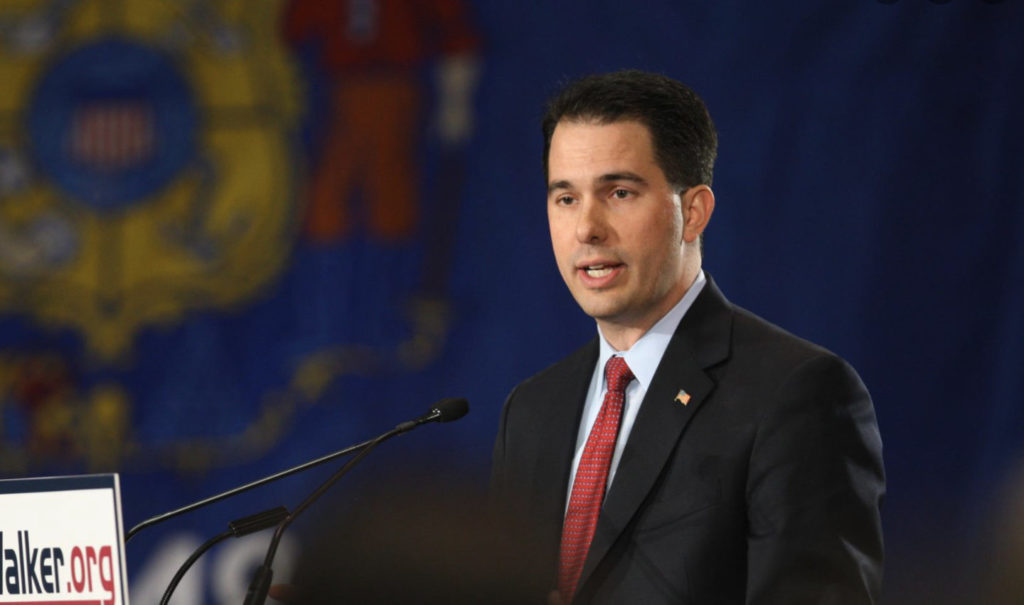Ending Act 10 would give Wisconsin schools back to union bosses, says former Gov. Scott Walker
(The Center Square) – The man who signed Act 10 into law is predicting an expensive turnaround if the Wisconsin Supreme Court overturns it.
Former Gov. Scott Walker was a guest on Madison…

(The Center Square) – The man who signed Act 10 into law is predicting an expensive turnaround if the Wisconsin Supreme Court overturns it.
Former Gov. Scott Walker was a guest on Madison television over the weekend. He told Channel 3000’s For the Record that ending Act 10 would weaken voters, parents and communities, and give more power to Wisconsin’s public sector unions.
“I want to make sure that in this school district and every other school district across the country and every other municipality and county, that the people that we elect locally are the ones in charge, that we don’t go back to a system where a handful of union bosses called the shots across the state,” the former governor said.
A handful of public sector unions last week asked the new liberal-majority court to overturn Act 10. The unions argue the law creates two groups of public sector union workers, and therefore violates the Wisconsin Constitution’s equal protection clause.
Walker became extremely unpopular with unions, particularly Wisconsin’s teachers’ union, when he signed Act 10 in 2011.
The law limits Wisconsin’s teachers union to negotiation only for raises and caps those raises at the rate of inflation.
Walker said Act 10 has saved at least $16 billion since 2011.
“I think there’s a whole lot of other hard-working taxpayers in the state – not only because of the tax savings, but more importantly because of the shift in power away from special interests back to the hard-working people, I think that’s incredibly important – and certainly we’re going to be exploring everything we can do with other like-minded people across the state,” Walker said. “My hope is that the new majority on the Wisconsin Supreme Court doesn’t cave to political pressure but rather follows the precedent that was set at both the federal and the state level in the past, which is more than just about a court case, it’s really about ensuring that school districts and local governments continue to be in charge of what they do and not a handful of special interests.”
Walker’s interview came after the Wisconsin Institute for Law and Liberty on Friday promised to defend Act 10 wherever it needs to be defended.
“For the better part of the last 12 years, no piece of legislation has loomed larger in public policy debates in Wisconsin than Act 10, the collective bargaining reform law passed in 2011. The ‘Budget Repair Bill,’ introduced by Gov. Scott Walker in the first weeks of his first term, represented a fundamental break with the past and a new era for state and local governments in the Badger State and the country,” WILL’s Rick Esenberg said in a statement. “Since then, WILL has been on the forefront of examining the impact of Act 10 on education, the teaching workforce, and puncturing the myths that persist about the law. Now with a new lawsuit, we stand ready to defend the law in the court of law and in the court of public opinion.”



